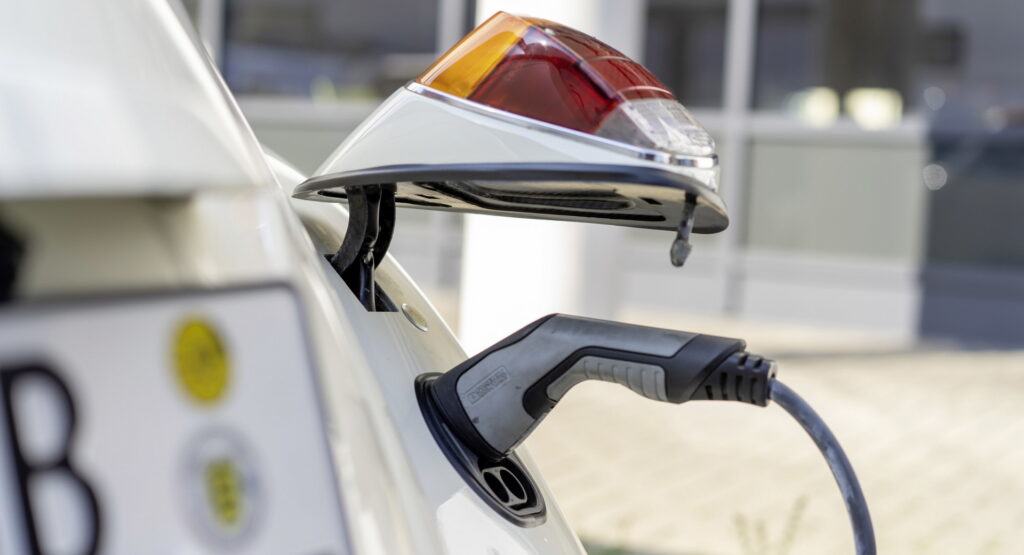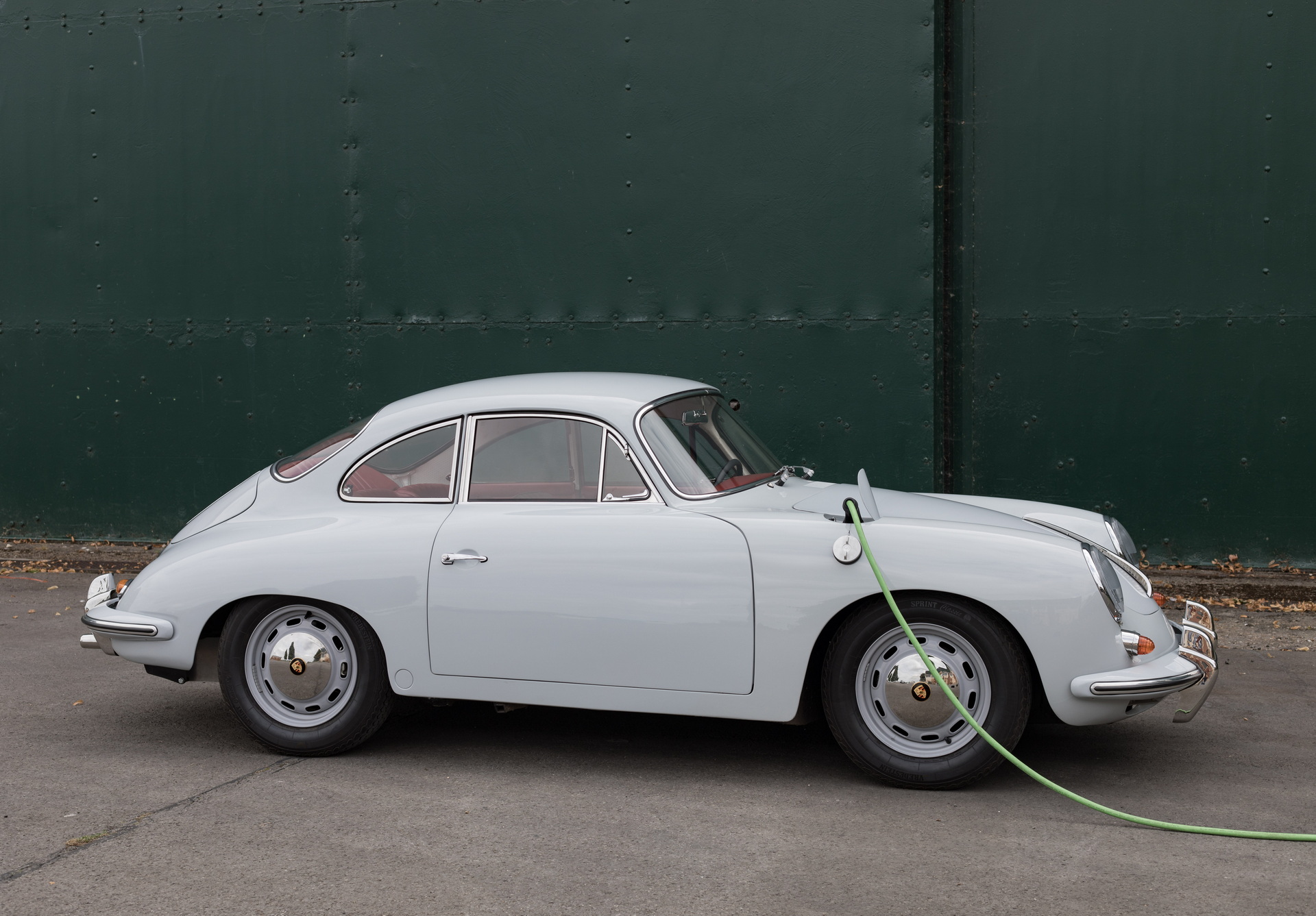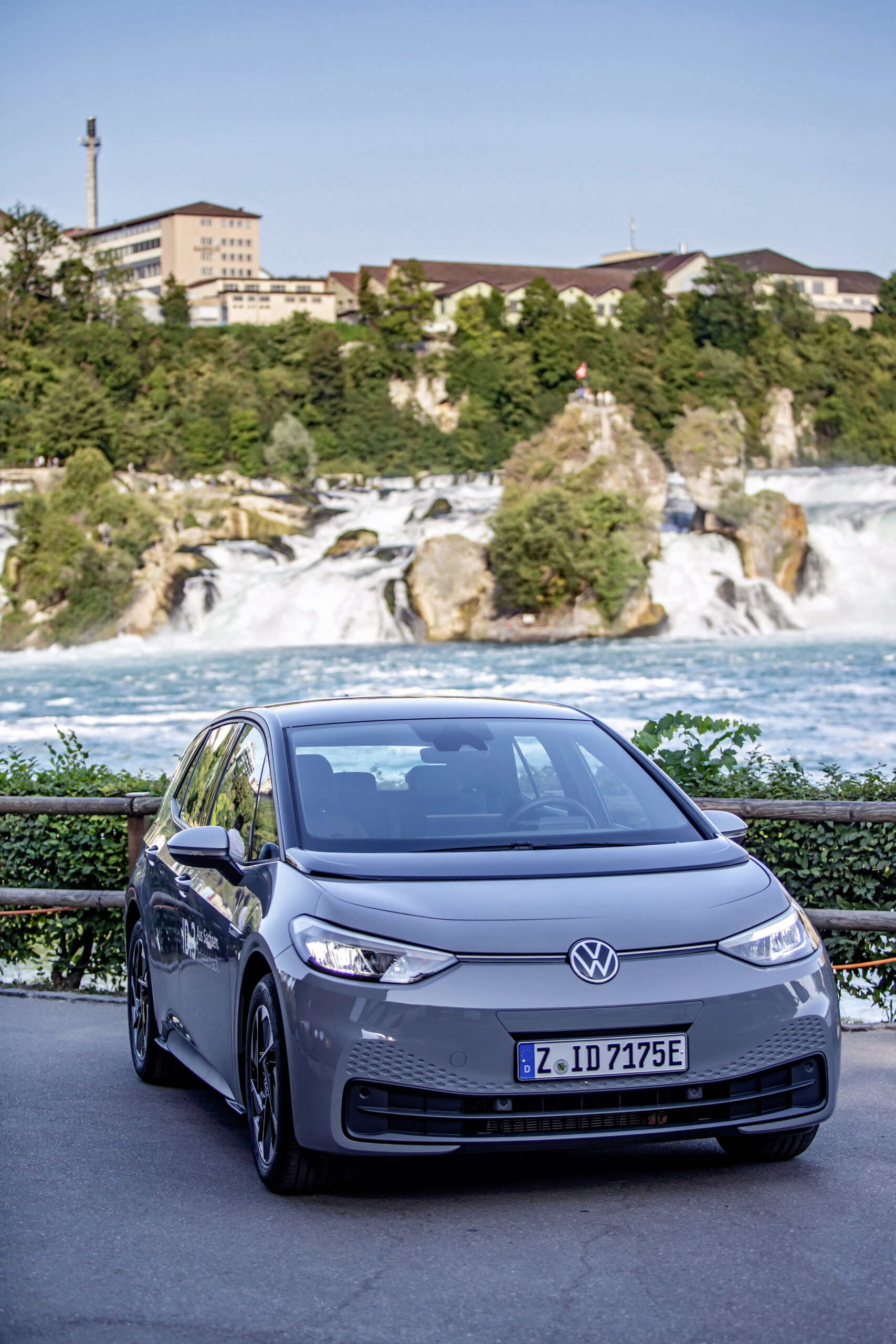As Europe faces a cold winter and a continuing conflict in Ukraine, Switzerland is planning for the possible impacts the Russian invasion could have on its power supply. The nation has proposed limiting the use of EVs if electricity becomes scarce.
Germany’s Der Spiegel reports that a draft regulation on restrictions in the event of a blackout might seek to limit the use of electric vehicles. That is, however, just one of the recommendations, to be implemented if the nation’s power supply shortage escalates to its third level of severity.
“The private use of electric cars is only permitted for absolutely necessary journeys (e.g. professional practice, shopping, visiting the doctor, attending religious events, attending court appointments)” in the event of a “level 3” power shortage, the draft reads, as translated by Google.
Read: VW Boss Warns Europe Is Losing Competitiveness Due To Energy Costs
Before the power emergency reaches that level, though, other measures would already be put in place. Private households, for instance, would be asked to limit the temperature of the water in their washing machines to 40° C (104° F), leaf blowers, patio heaters, seat heaters in chairlifts, and other luxuries would be banned, and video streaming platforms would be told to show videos in standard definition only.
The measures are still only in the draft stage. If an actual power shortage were to occur, the measures would be readjusted and only then would the ordinance come into effect. It remains a meaningful move, though, as it could make Switzerland the first country to impose driving restrictions on electric vehicles.
The majority of Switzerland’s energy comes from hydropower, but it does also import electricity from France and Germany. The alpine nation is far from the only European country taking a look at ways to reduce energy use, at the moment.
Germany, for example, has already ruled that private pools are no longer allowed to be heated with gas or electricity. Office buildings, meanwhile, are being asked to only heat themselves to 19° C (66° F). The price of electricity in Germany is such that the head of VW recently argued that the whole continent is becoming a less attractive place to make batteries and that it could lose some of its industrial appeal to countries in North America, Asia, and North Africa.






